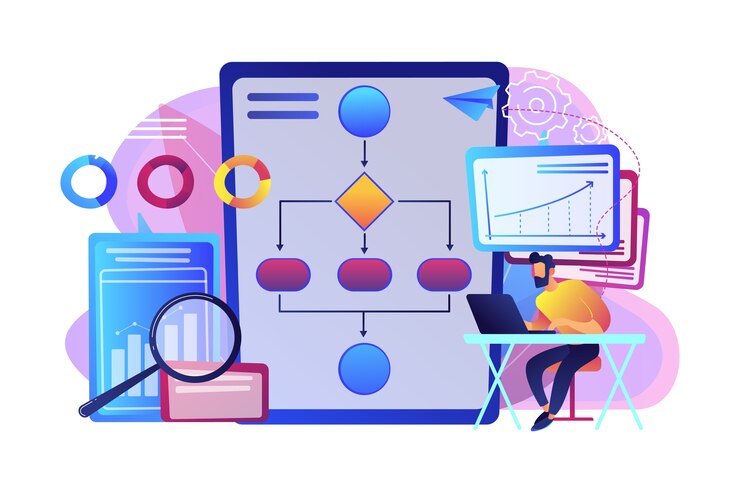Food safety and hygiene practices in the food consultant service industry
Food safety and hygiene practices are essential components of the food service industry. As a food consultant, it is my job to ensure that my clients are following proper food safety and hygiene practices to prevent foodborne illnesses and ensure the quality and safety of the food they serve. In this article, I will discuss the importance of food safety and hygiene practices in the food service industry and some key practices that food service businesses should follow.
Importance of Food Safety and Hygiene Practices in the Food Service Industry
Food safety and hygiene practices are crucial to the food service industry because they protect the health of consumers and prevent foodborne illnesses. Foodborne illnesses can be caused by the presence of harmful bacteria, viruses, or parasites in food, which can cause symptoms such as nausea, vomiting, diarrhea, and fever. These illnesses can be particularly dangerous for vulnerable populations such as children, the elderly, and individuals with weakened immune systems.
In addition to the health risks, foodborne illnesses can also have serious financial and reputational consequences for food service businesses. A foodborne illness outbreak can lead to lawsuits, loss of revenue, and damage to a business’s reputation, which can be difficult to recover from. Therefore, it is essential for food service businesses to prioritize food safety and hygiene practices.
Key Food Safety and Hygiene Practices for Food Service Businesses
- Handwashing and Personal Hygiene
One of the most critical food safety and hygiene practices is proper handwashing and personal hygiene. All employees who handle food should wash their hands thoroughly with soap and warm water before and after handling food, after using the restroom, and after touching their face, hair, or body. Employees should also wear clean clothing and hair restraints such as hairnets or hats to prevent hair from falling into food.
- Cleaning and Sanitizing
Another important practice is regular cleaning and sanitizing of food contact surfaces, equipment, and utensils. All surfaces should be cleaned and sanitized before and after use to prevent cross-contamination. Food service businesses should use a sanitizer that is effective against a broad range of microorganisms and follow the manufacturer’s instructions for use.
- Food Storage and Temperature Control
Proper food storage and temperature control are also crucial to food safety. Food product consultant service businesses should store raw and cooked foods separately to prevent cross-contamination, and ensure that all food is stored at the correct temperature. Cold foods should be kept at or below 41°F, and hot foods should be kept at or above 135°F.
- Food Handling and Preparation
Food handling and preparation practices are also important to prevent foodborne illnesses. Employees should be trained on proper food handling and preparation techniques, such as avoiding bare-hand contact with ready-to-eat foods and using separate cutting boards for raw and cooked foods.
- Employee Health and Illness Policies
Finally, food service businesses should have policies in place to prevent employees from working while sick. Sick employees should stay home to prevent the spread of illness to coworkers and customers.
Conclusion
In conclusion, food safety and hygiene practices are essential to the food service industry to protect the health of consumers and prevent foodborne illnesses. As a food consultant, it is my job to ensure that my clients are following proper food safety and hygiene practices to prevent foodborne illnesses and ensure the quality and safety of the food they serve. By following these key practices, food service businesses can protect their customers’ health, prevent foodborne illnesses, and avoid the financial and reputational consequences of a foodborne illness outbreak.
 English
English 




























































































































































